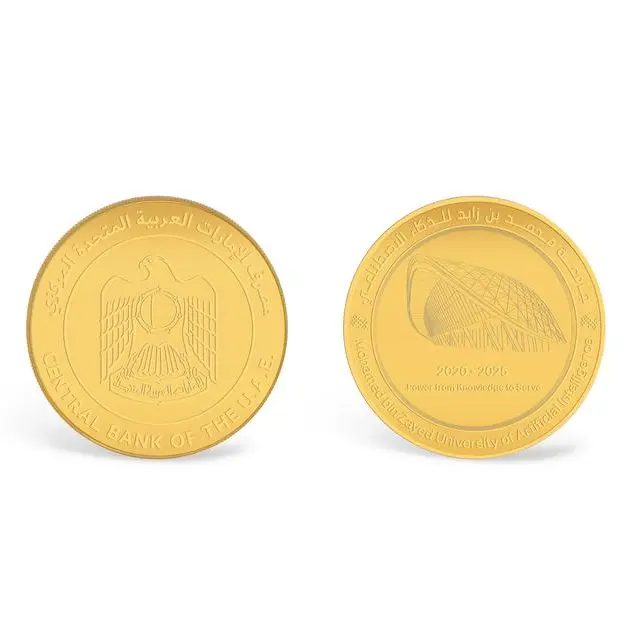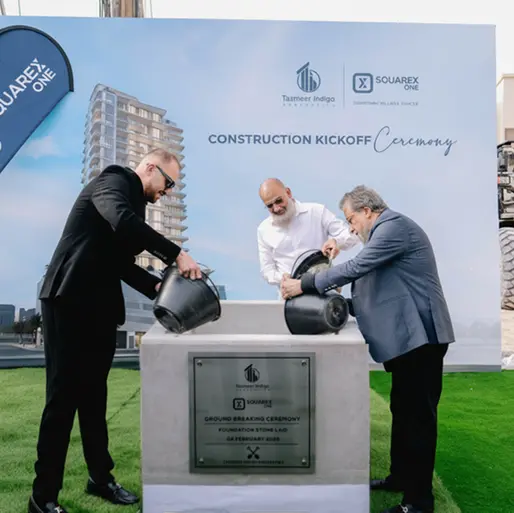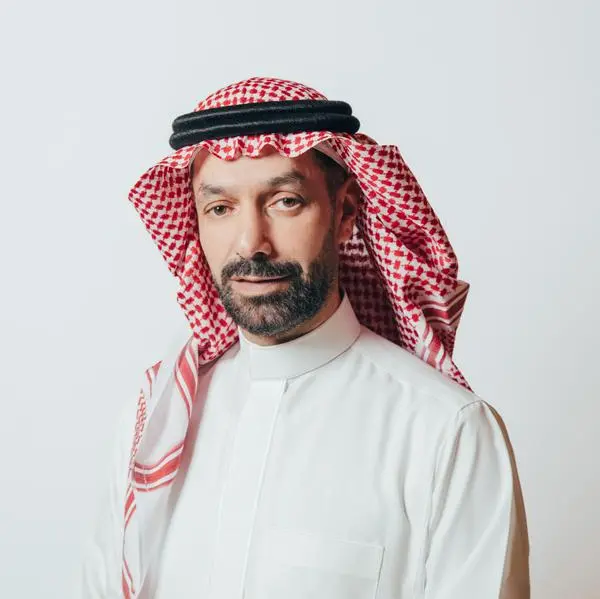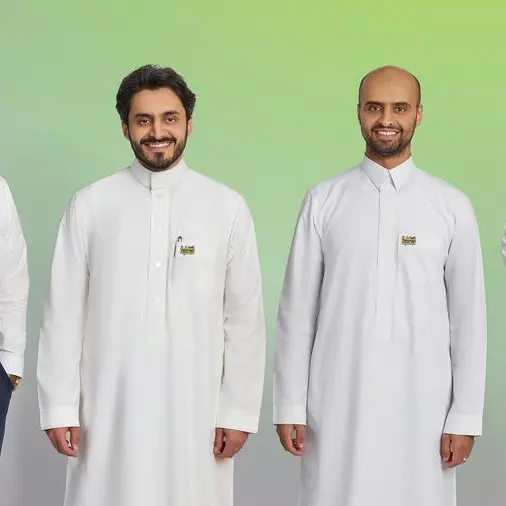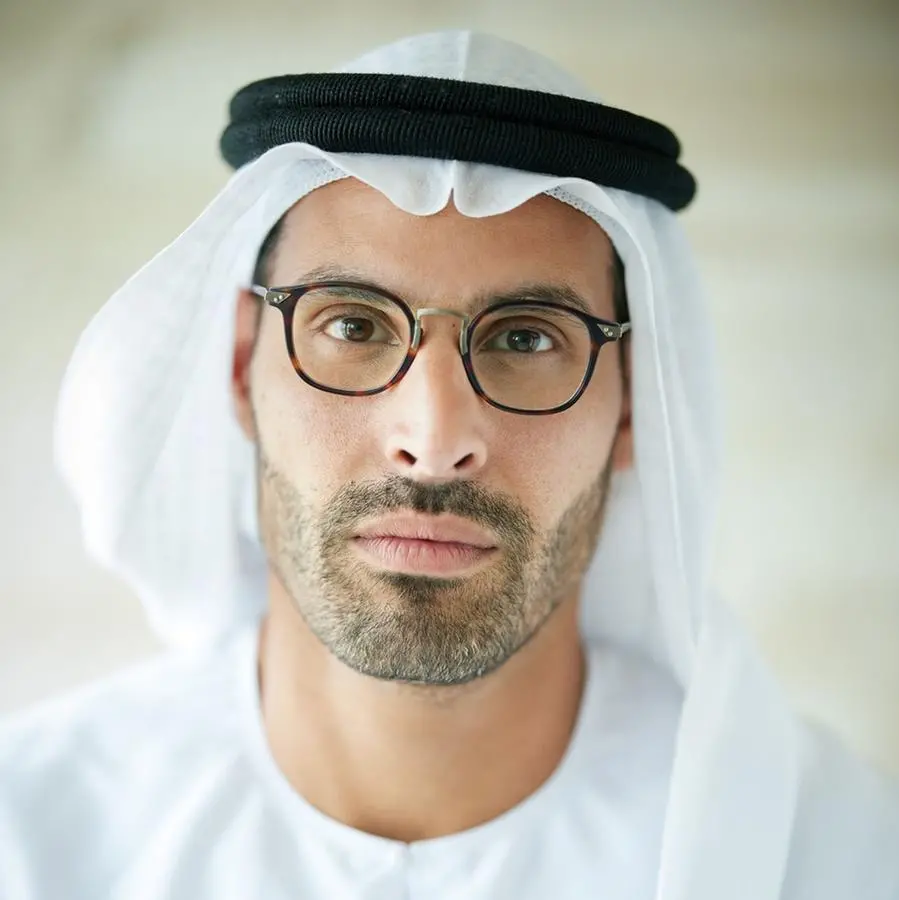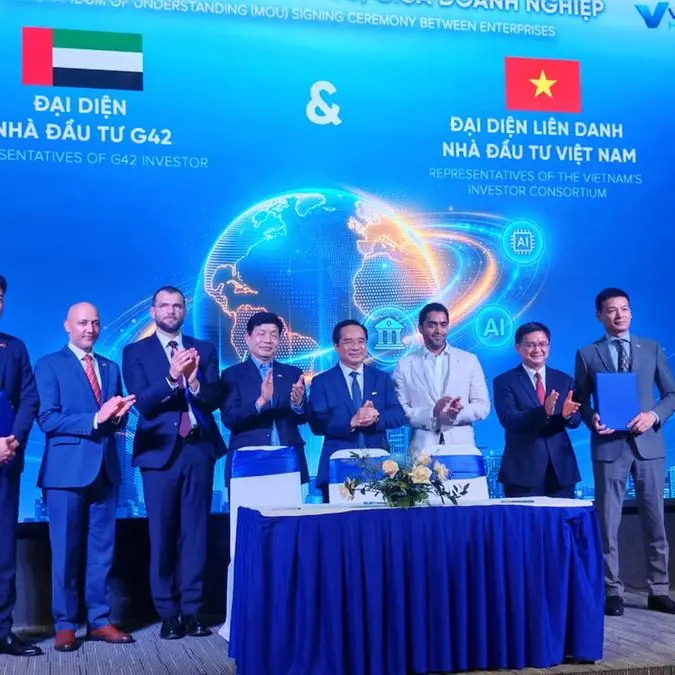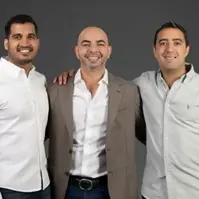UAE, Dubai: A series of talks on leading trends such as the new model for education, food security, innovation strategies in risk management, and the blue economy form part of the first day at Knowledge Space, which is taking place at the parallel hall of the ongoing Knowledge Summit.
A new model for education
The first topic themed ‘A New Model for Education’ presented the views of H.E. Dr Majid bin Ali Al Nuaimi, Minister of Education of the Kingdom of Bahrain; Prof. Jelel Ezzine, Founding Chairholder, UNESCO Chair on Science, Technology and Innovation Policy; and Aziza Osman, Founder and CEO at Montiplay.
H.E. Dr Majid bin Ali Al Nuaimi talked about the Kingdom of Bahrain’s recent education experience amidst the Covid-19 pandemic and how the government quickly responded to the crisis to ensure continuous learning by using some satellite channels to broadcast educational content to students at all levels of education. While it was not easy for both teachers and students, Al Nuaimi pointed that Bahrain’s modern infrastructure played a key role in the success of the e-learning system during the crisis.
The e-learning system has been developed by the Kingdom, according to the minister, which has helped the Ministry of Education to launch 14 educational channels on YouTube, including an advanced e-learning platform. The online channels continue to improve over the past year and have accumulated over 68 million visits, and about 42 million since the beginning of the current school year in September 2021.
Prof. Jelel Ezzine, on the other hand, discussed the challenges facing the education process, noting that improving the education system is one of the most important means to address health and environmental challenges. He further mentioned that for more than 20 years, the world’s education system has advanced significantly through advanced technology and has proven beneficial during the Covid-19 pandemic, thanks to the ongoing digital revolution which has spilled over to the education sector.
Ezzine highlighted the importance of diversifying the teaching and learning process, as well as fostering creativity in the system, and added that strengthening the basic education for children will help them face challenges in the future. He also urged participants to adapt to new technology trends to widen the options in teaching and learning.
For her part, Aziza Osman spoke about the value of regularly evaluating educational models that shape the education process to help improve the standard of education. Osman gave the example of the German model of education which adopts continuous evaluation of its system.
She further explained that one of the best ways to look after the future of the young generation is to develop their skills at an early age and raise the awareness among parents and family members on adopting a simplified early learning model using the latest technologies, along with educating the parents on the necessary technical support.
Food security: Between sustainable supply chains and self-sufficiency
A session on food security followed where participants tackled the issue between sustainable supply chains and self-sufficiency. The panel discussants which included Abdel Mageed Yahia, UAE Country Director and Representative for the GCC Region, WFP; Armen Sedrakyan, Economist at the Food and Agriculture Organization (FAO); and Louise Nash, Founder and CEO of Circularity; explored the topic on how to create sustainable supply chains that can continue amidst a pandemic to meet current needs while ensuring the sustainability of future resources.
Yahia noted that global food security had fallen over the past years as around 365 million people are identified as suffering from hunger due to health crises and climate change, particularly in African. He cited the Covid-19 pandemic had a direct adverse impact on food security due to the increased freight costs and reduced supply chains.
On the other side, Armen Sedrakyan presented the UAE’s experience and capabilities in meeting the needs of the population during the pandemic. He said: “The UAE can be considered as one of the most food-secure country in the world with a strong food security platform. It has developed strategies that positions itself as a leader in achieving multi-sectoral self-sufficiency and owns sustainable resources through both production and the environment.”
In the same vein, Louise Nash emphasized that better understand the supply chains and giving due attention to natural resources can help ensure a more sustainable supply chain, noting that boosting children’s education on food is critical to the development of a more conscious consumer culture to attain a more balanced supply and demand.
Nash added: “It is important to diversify economies, support agricultural sectors more broadly, foster a culture of innovation, and use digital tools in agricultural processes in order to strengthen the global supply networks, and fight hunger.”
When science goes wrong
Dr. Stuart Ritchie, Lecturer at the Institute of Psychiatry and Psychology and Neuroscience in King’s College London, led the third session at the Knowledge Space with a discussion on the role of behavioral science in policymaking. He commented that the world needs to think in different ways, particularly in the dissemination of science and knowledge in developing countries to ensure knowledge equality.
Fostering collaboration and innovation to manage risks
The fourth session at Knowledge Space placed the spotlight on fostering collaboration and innovation to manage risks with key discussants including Nicole Manger, Senior Analyst at the German Federal Foreign Office focused on early warning in crisis management; Philip Weiss, Founder and CEO of ZN; and Bashar Kilani, Managing Director at Accenture.
Weiss said: “The world is rapidly evolving in unprecedented ways, and there is no way we can solve new challenges that come with it in the same manner as before.” He emphasized that it is important to recognize that knowledge is power and that there are available sources of knowledge where people can have the opportunity to self-educate to shape their perception towards finding solutions to crises. These solutions could be innovative cooperation strategies, hybrid learning among communities, and connecting through digital networks, considering that the world needs urgent new approaches to address new challenges in the future.”
Manger, on the other hand, discussed the importance of employing data analytics in risk management, emphasizing that analytical data and new technologies have the capacity to manage and predict risks and find appropriate solutions to avoid them.
Manger noted the importance of working closely towards devising new data analysis processes, as well as sharing the available data and information in convenient ways to better prepare and plan strategies against risks before they even occur. She mentioned the opportunities for cooperation between the government and private sector, especially since the private sector is more flexible and needs less time than the public sector in terms of adopting rapidly to transformation, development, and innovation.
Meanwhile, Kilani explored the evolution of the Internet and data from the 1990s to the present, highlighting Dubai's unique digital experiences in its quest towards the digital economy, which brought about the widespread adoption of digital transformation in services. He noted that the future depends on the virtual world where everything will be a combination of the real and virtual worlds in all areas of life, and suggested that honing talents and supporting those who have strong potentials would further advance digitalization.
Kilani said: “Some countries need to accelerate their pace in the transition between physical and virtual realities, as emerging technologies now enable forecasting and business management in multiple sectors but most notably the health and education sectors.”
Towards an ocean economy – the ‘blue’ growth
Finally, Paul Holthus, Founding President and CEO of World Ocean Council, made an elaborate presentation during the fifth and last session of the day at Knowledge Space, where he talked about the opportunities and benefits of a sustainable ocean economy and the importance of adopting and strengthening the blue economy while considering the biodiversity in our ocean resources.
